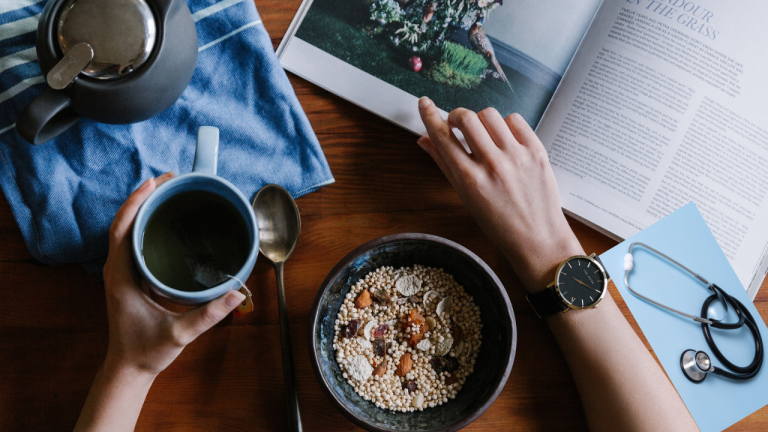Things To Avoid While Taking Antibiotics

When taking antibiotics, it’s important to be mindful of certain factors to ensure their effectiveness and minimize potential side effects. Here are some things to avoid while taking antibiotics:
Skipping doses or stopping early: It’s crucial to complete the full course of antibiotics as prescribed by your healthcare provider, even if you start feeling better before the medication is finished. Skipping doses or stopping early can contribute to antibiotic resistance, allowing bacteria to survive and potentially cause a relapse or develop resistance to the medication.
Taking antibiotics with certain foods or beverages: Some antibiotics can interact with certain foods or beverages, affecting their absorption or effectiveness. For example, certain antibiotics may be less effective when taken with dairy products, high-fiber foods, or acidic beverages like orange juice. Follow your healthcare provider’s instructions regarding the appropriate timing and restrictions on food and drink while taking antibiotics.
Alcohol consumption: It’s generally recommended to avoid alcohol while taking antibiotics. Alcohol can interfere with the effectiveness of certain antibiotics and may worsen potential side effects such as dizziness, nausea, or stomach upset. Always check with your healthcare provider regarding the specific guidelines for alcohol consumption while on antibiotics.
Taking other medications without consulting your healthcare provider: Some medications, including over-the-counter medications, herbal supplements, and even certain vitamins, can interact with antibiotics, potentially affecting their efficacy or causing adverse reactions. Inform your healthcare provider about all medications and supplements you are taking to ensure there are no potential interactions.
Not practicing safe sex: If you’re being treated for a sexually transmitted infection (STI) with antibiotics, it’s important to abstain from sexual activity or use barrier methods (such as condoms) to prevent transmission until you have completed the full course of antibiotics and have been cleared by your healthcare provider.
Taking antibiotics unnecessarily: Antibiotics are effective against bacterial infections but do not work against viral infections like the common cold or flu. Taking antibiotics for viral infections is ineffective and contributes to antibiotic resistance. Always consult with your healthcare provider to determine if antibiotics are necessary for your specific condition.
Not following proper hygiene practices: Good hygiene practices, such as frequent handwashing, covering your mouth when coughing or sneezing, and practicing safe food handling, can help prevent the spread of infections and reduce the need for antibiotics.
It’s essential to follow your healthcare provider’s instructions regarding the specific use and precautions for the antibiotics you have been prescribed. If you have any questions or concerns about your antibiotic treatment, consult with your healthcare provider or pharmacist for guidance.



